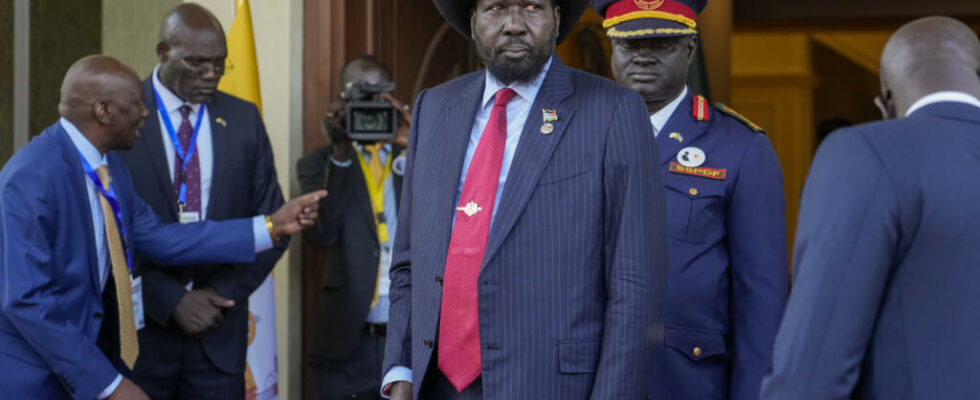In South Sudan, the president is expected to sign two bills soon that would establish transitional justice bodies. Passed last week by parliament, the bills include the creation of a Truth and Reconciliation Commission and a Compensation and Reparations Authority. Both are expected to examine crimes and human rights abuses committed during the country’s 2013-2018 civil war.
2 min
With our regional correspondent, Gaëlle Laleix
As early as 2018, the agreements that ended the civil war provided for the creation of three transitional justice bodies. The Truth and Reconciliation Commission and the Compensation Authority were to be established in 2020 after the establishment of a transitional government.
” Better late than never ” rejoiced Oliver Mori, spokesman for the Parliament, last week. For the victims, this is obviously a big step forward. But much remains to be done.
First, the parliamentary committees still have to iron out some details, starting with the period over which the two bodies will investigate. According to Amnesty International, the 10 years of civil war in South Sudan have claimed around 400,000 victims. The NGO has documented numerous abuses ranging from massacres to the recruitment of children, torture and sexual violence.
AU partnership court to be created
Then, the third body provided for by the peace agreement remains to be created. This is a hybrid court of justice, in partnership with the African Union. On this point, there has been no progress, however, “ The first two will have no impact if the crimes are not prosecuted. ” confides a source close to the institution.
But the road to transitional justice in the country is still long, because the authorities have no interest in seeing it succeed, regrets Human Rights Watch (HRW).
The South Sudanese peace accords have suffered many delays. But when it comes to transitional justice, there have been deliberate efforts to prevent it from happening.
Nyagoah Tut Pur, researcher for Human Rights Watch and specialist in South Sudan
